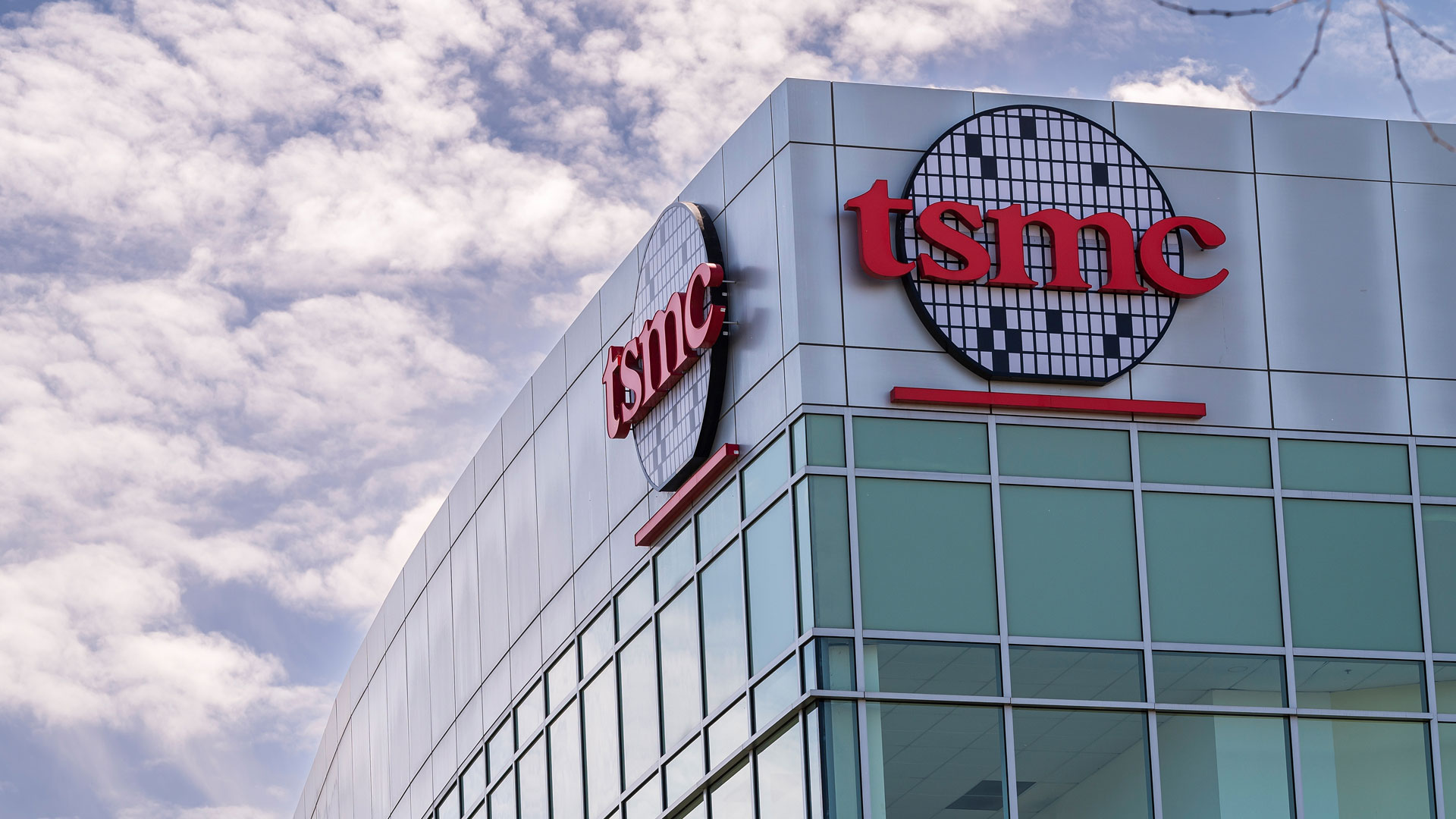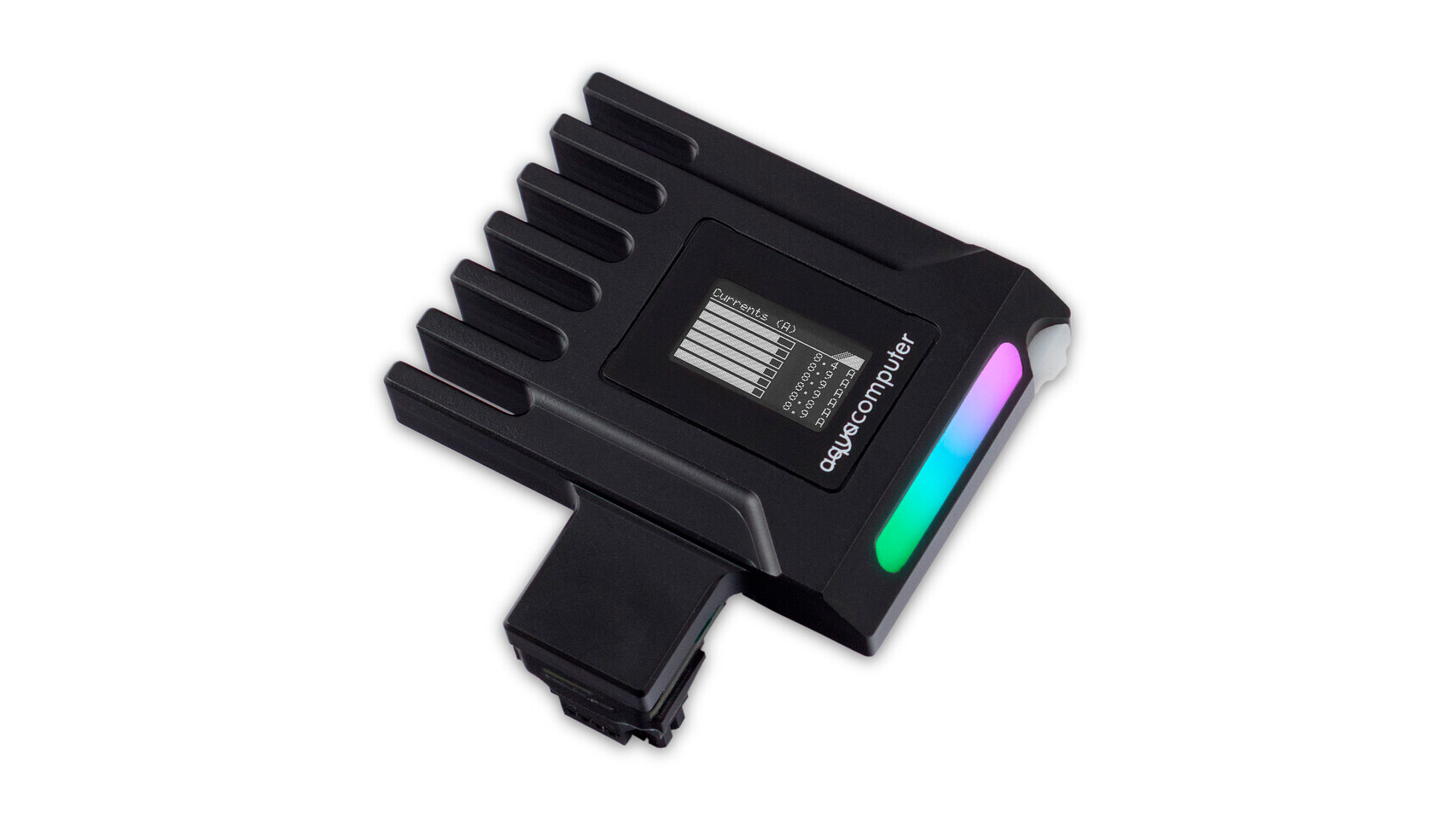
TSMC may be hit with a fine exceeding $1 billion by the U.S. Commerce Department for unknowingly supplying Huawei a compute chiplet for the latter’s Ascend 910-series AI processor, Reuters reports. Such a high fine would be rare and perhaps a record, though it also appears to reveal the volume of chips that Huawei got from TSMC by deception.
The potential $1+ billion fine is based on export rules that allow for penalties up to double the value of any unauthorized transaction. So far, no official action has been taken against TSMC, according to the report. In similar cases, the Commerce Department typically sends a document known as a proposed charging letter, listing violation dates, transaction values, and fine calculations. The company is then given 30 days to respond. A past case in 2023 saw Seagate fined $300 million for sending hard disk drives worth $1.1 billion to Huawei.
Last year, it turned out that a compute chiplet that TSMC made for Sophgo, an ally of cryptocurrency mining hardware supplier Bitmain, was actually a compute chiplet for Huawei’s Ascend 910-series processor for AI. Huawei has been in the U.S. Department of Commerce’s Entity List since mid-2020 and companies like TSMC need to apply for an export license from the USDOC to supply to Huawei products containing American technologies, which includes making chips using tools developed and made by U.S.-based companies.
After TechInsights revealed that Huawei’s HiSilicon Ascend 910-series used the chiplet, TSMC suspended its shipments to Sophgo and is now working with the Department of Commerce on the matter. In January, Sophgo was placed on the USDOC’s Entity List. However, it remains unclear how many chiplets TSMC produced (indirectly) for Huawei.
When TSMC is given a chip design to produce, it cannot determine its original developer as well as its end purpose or user. Therefore, mistakes like the one the company made with Sophgo can be made. However, that Ascend 910-series compute chiplet should probably have triggered alarms as it contained tens of billions of transistors (i.e., it was hard and expensive to develop), yet it came from a little-known company affiliated with a bitcoin mining hardware designer.
This certainly made the U.S. Department of Commerce, which has done a lot to curb sales of advanced AI processors to Chinese Entities, particularly angry as some estimate that Sopgo procured millions of chiplets for Huawei.
Since the scandal with Sophgo emerged in the fall of 2024, TSMC has become much more cautious. Earlier this year the company ceased its relationship with Singapore-based PowerAIR after its internal investigation raised concerns about possible violations of U.S. export controls.
One of the problems for TSMC is that Huawei seems to use third-party companies that disguise themselves as ‘independent’ chip designers to obtain chips made by world-class companies like TSMC. Huawei itself then does everything it can to hide the origin of those chips in a bid to keep getting them despite restrictions imposed by the U.S. government. As a consequence, TSMC and other chipmakers may fall victims of Huawei’s deception.





